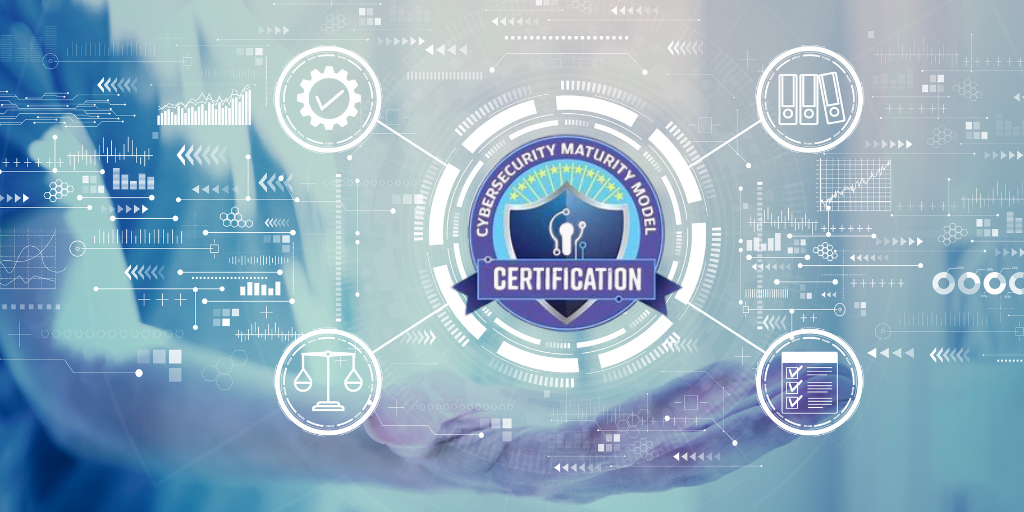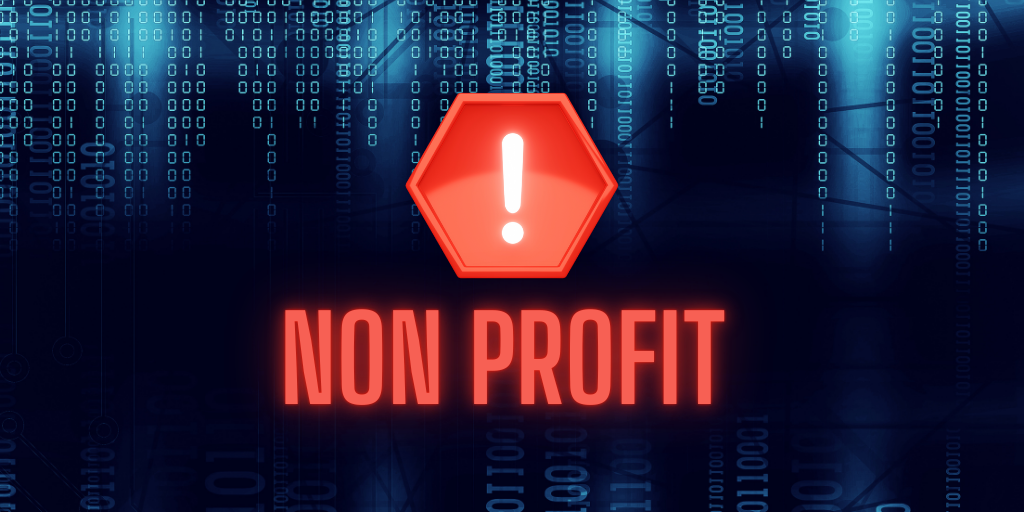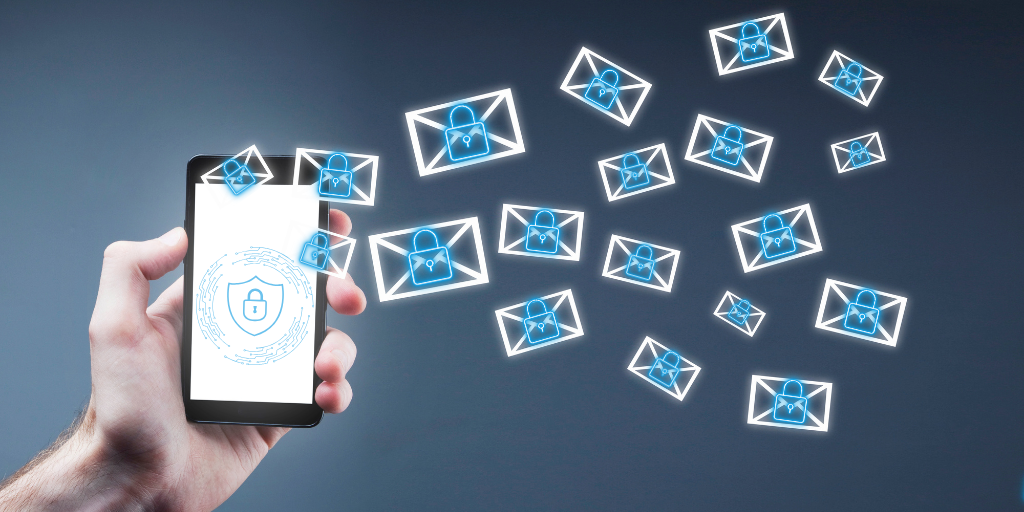Addressing CMMC Compliance Gaps for Small Businesses
Navigating the complex landscape of CMMC compliance can be a daunting task for small businesses, but with the right strategies, achieving and...
2 min read
.jpeg) Michael Markulec
:
Sep 10, 2021 4:05:07 PM
Michael Markulec
:
Sep 10, 2021 4:05:07 PM

The same features that make free Wi-Fi hotspots desirable for consumers make them desirable for hackers, namely, that it requires no authentication to establish a network connection. This creates a fantastic opportunity for the hacker to get unfettered access to unsecured devices on the same network. The biggest threat to free Wi-Fi security is the ability for the hacker to position himself between you and the connection point. So instead of talking directly with the hotspot, you're sending your information to the hacker, who then relays it on.
While working in this setup, the hacker has access to every piece of information you're sending out on the Internet: important emails, credit card information, and even security credentials to your business network. Once the hacker has that information, he can — at his leisure — access your systems as if he were you. Hackers can also use an unsecured Wi-Fi connection to distribute malware. If you allow file-sharing across a network, the hacker can easily plant infected software on your computer. Some ingenious hackers have even managed to hack the connection point itself, causing a pop-up window to appear during the connection process, offering an upgrade to a piece of popular software. Clicking the window installs the malware.
As mobile Wi-Fi becomes increasingly common, you can expect Internet security issues and public Wi-Fi risks to grow over time. But this doesn't mean you have to stay away from free Wi-Fi and tether yourself to a desk again. The vast majority of hackers are simply going after easy targets, and taking a few precautions should keep your information safe. A virtual private network (VPN) connection is required when connecting to your business through an unsecured connection, like a Wi-Fi hotspot. Even if a hacker manages to position himself in the middle of your connection, the data here will be strongly encrypted. Since most hackers are after an easy target, they'll likely discard stolen information rather than put it through a lengthy decryption process.
When connecting to the Internet at a public place, you're unlikely to want to share anything. You can turn off sharing from the system preferences or Control Panel, depending on your OS, or let Windows turn it off for you by choosing the "Public" option the first time you connect to a new, unsecured network.
Even individuals who take all the possible public Wi-Fi security precautions will run across issues from time to time. It's just a fact of life in this interconnected age. That's why it's imperative to keep a robust Internet security solution installed and running on your machine. These solutions can constantly run a malware scan on your files and will always scan new files as they are downloaded. The top consumer security software will also offer business protection solutions, so you can protect yourself while you're out and about and your servers back at the office, all at the same time.

Navigating the complex landscape of CMMC compliance can be a daunting task for small businesses, but with the right strategies, achieving and...

In an increasingly digital world, non-profits are prime targets for cyber threats. You can just discover how a Virtual CISO can protect your...

Small businesses must prioritize secure messaging to protect sensitive information and maintain customer trust.